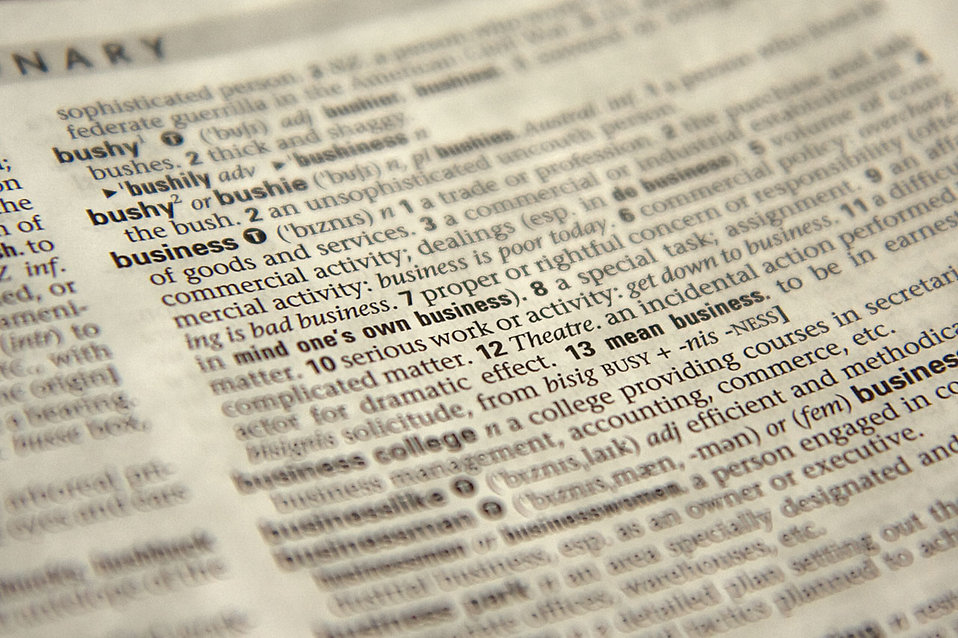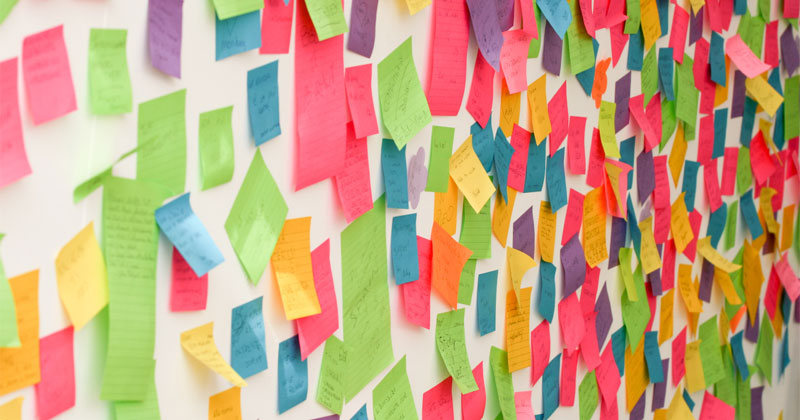Endearing work, immense inspiration and an immaculate inscription is not enough. Authoring a book comes with an unending responsibility to improve. Perfection can be achieved while simultaneously keeping in mind that it is extremely difficult to criticise your own work. Becoming a self-editor is like performing your own surgery. It is inevitable. These few tips will replenish your mind and help you edit your work (multiple genres) like a brilliant editor-
A monotonous manuscript can be monstrous-
This isn’t just a tongue twister; it is cruel to expect yourself to read your work repetitively to find errors. This is going to be monotonous and tedious. What you should do is, alienate your mind from your work for a while. It is important to rejuvenate and see it with fresh eyes. Not only will you enjoy reading your work again, nevertheless it will give you innovative perspectives. So take a few days off, forget about your work and then resume.
Me, Myself and I
Everyone is inspired by a particular style of writing; it could be persuasive, narrative, expository or even descriptive. Now, sub-consciously your work is a manifestation of something you have seen or read. This tends to exploit your originality. Tip- Don’t ready anyone else’s work, it is highly influential. Let your RAW mind create and write.

A witness
Your brain codes well, you can raed sentences easily, without noticing any mistakse. The problem with this is, you cannot keep spell checking and reviewing sentences. Hence, raed it out loud! Get a patient friend to witness you reading out your manuscript word to word. This will help eliminate any errors and also help you hear how your work sounds. Don’t use any applications or digital assistance. It won’t hepl. (Disclaimer: I demonstrated how easily it is to overlook minute mistakes)
Long.. longer… wait where did it start?
Often, I notice authors over extending their lines to a range where he/she loses context. That is a huge set-back. No one enjoys reading back and forth and losing focus towards the middle. Cut your sentences short. You do not have a word limit. Neither do you have any restrictions to convey your idea. This includes spacing, which is essential. With every new paragraph evolves a new idea. Focus on keeping it short and to the point.

Secret Thesaurus
Yes you read that right, it is important to use relevant words simplistically. How does one do so? Use a thesaurus. You will enhance your vocabulary and do justice to your work. Avoid using adverbs in sentences, for example “She ran so quickly.” This can easily convert to “She sprinted.” On the other hand, do not use words out of context, for example “She has a gargantuan heart.” As far as possible, keep it simple, like “She has a big heart.” Simplicity has its own charm.
Is that really necessary or very irrelevant
Stop using the words “really” and “very.” It is going to seep away your reader’s interest in seconds and you’ll find yourself sounding like a venting teenager. There is a limit to exaggeration which you need to observe. Draw the line where you begin to use it, “really.”

Do not underestimate your audience
Your audience is diverse, give them some credit. Avoid excessive stage direction where you have to describe every body gesture. It is very annoying to read through repetitive body language. The solution is to convey this in an obvious and less overstated narrative.
Also, keep in mind that the urge to explain is going to pour out like a tsunami. Obviously, you wish to bring clarity of thought through your work, which often goes wrong. For example- Ronald was angry. He punched against the rusted window, the metal cringed. He said angrily “Shut up.” You don’t have to communicate the aggression in different sentences. We get it. Ronald was cross.

Content
It is unfair as well as impossible to comment on content, that being subjective. I highly recommend mapping out your plot and characters in advance to avoid overlap. There has to be a story, if you are convinced there is, make a friend read your work. Often, writers forget the narrative being followed. Gain perspective without forgetting your roots. Focus on your content, then moving to…..
Presentation
Your work is an independent and will derive its own form and personality. Yet again, you need to stick to a format to prevent a hap hazard formula which will result in distractions. For instance if your book is a series of monologues, your tone is essential. Moreover, your format and norms are critical.
Keep in mind these few tips and I am certain you’ll be good to go!

 +91 120 455 3583, +91 9717835777
+91 120 455 3583, +91 9717835777
